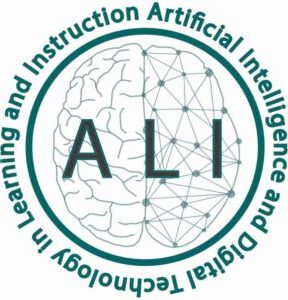The interdisciplinary Master’s program “AI and Digital Technology in Learning and Instruction” qualifies students to develop innovative solutions for the education of the future. The program combines scientific theory with practical application and prepares students for strategic and research-oriented positions. The degree program is based on its own competence development model that promotes the effective use of AI and digital technologies in educational processes. A key focus of the planned degree program is to foster interdisciplinary discourse among students. In addition to joint modules, students will acquire foundational knowledge of the complementary discipline at the beginning of their studies (foundation modules), while in the advanced phase, discipline-specific competencies will be further developed through joint interdisciplinary courses.
Key Facts:
- Degree: Master of Science (M.Sc.)
- Start of Studies: Winter semester
- Duration: 4 semesters
- Start: To be announced
Program Structure:
- Introductory Modules: Joint introductory modules in the first semester will provide an overview of current topics in the participating disciplines and ensure a common foundation for all students.
- Foundation Modules: Fundamentals of computer science/psychology in the first academic year, structured into two complementary compulsory elective areas. These modules must be taken by students who hold a Bachelor’s degree in the complementary subject and should be completed within the first two semesters of the Master’s program. These modules will (partially) be imported from existing degree programs in computer science and psychology and applied in a versatile manner.
- Advanced Modules: These modules focus on the use of AI or digital technologies in teaching and learning processes and are structured interdisciplinarily. These modules are to be taken jointly by students from all Bachelor’s backgrounds. The focus is on the second year of study, but some modules will be offered earlier to ensure continuous joint studies.
- Practical Module: A practical module in which students will gain initial professional experience through internships and apply their theoretical knowledge in real-world settings.
Career Prospects:
The degree program opens up a variety of career paths in research, public institutions, and the private sector:
- Strategic positions in public institutions, e.g., consulting on and implementing policies for the integration of educational technologies, conducting research on educational technologies, developing curricula at various educational levels, and serving as a data protection officer for educational technologies.
- Strategic/executive positions in the private sector, e.g., instructional design for educational technologies, AI specialist, development of e-learning software, research activities, product development, business development consulting, or management.
- Scientific work at research institutes, universities, or in private companies.
Further Information:
Details on course content and admission requirements will be published once the accreditation process is complete.
